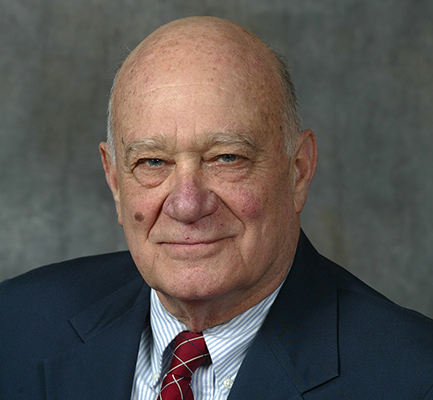
I want to thank several column readers for significant suggestions as I proceed from my initial, long-range, historical perspectives on epistolary exchanges – (back to Benjamin Franklin, personalized with handwritten text and envelopes).
Among the suggestions was to focus on words, regardless of how they are conveyed: verbally, by email, text, Facebook (its name was changed today to “Meta”).
Do you remember the guide books on building a more powerful vocabulary? Although I still believe handwritten missives personalize bonds, there is no doubt that what is said has the capability of stimulating emotions and actions.
As I was preparing this column, I heard the Lerner and Loewe song given to Eliza in “My Fair Lady;” it certainly speaks to words and actions (title: “SHOW ME”- only some selections below)
“Words, Words, Words; I’m so sick of words
I get words all day through; First from him, now from you
Is that all you blighters can do?
Don’t talk of stars burning above; If you’re in love; Show me
Tell me no dreams filled with desire; If you’re on fire; Show me
Anyone who’s ever been
In love’ll tell you, this is no time for a chat
Haven’t your lips longed for my touch?
Don’t say how much; Show me, show me
Don’t talk of love, lasting through time
Make me no undying vow; Show me now
Sing me no song, read me no rhyme
Don’t waste my time; show me
Never do I ever want to hear another word
There isn’t one I haven’t heard
Don’t wait until wrinkles and lines
Pop out of my brow; show me now
Several readers have been critical of aspects of my discussion of Alan Jacobs’s “Breaking Bread with the Dead” where he praises “virtue leaning” (indicating affirmatives about values and relationships). Those column critics contend that words need to become actions to have significant meaning.
But I stand with Lerner and Loewe that words can serve as a kind of relationship “foreplay,” setting the stage for consequential actions. Jacobs’s book also makes a powerful case for generosity regarding individuals’ shortcomings. All of us are affected by the context of the times in which we live, and our words and actions are likely to fall short of modern virtues.
For example, Jefferson and others could not have escaped slavery. While it is legitimate to examine whether they could have provided more leadership, it is highly consequential to consider the representative realities of an individual’s life and values, not only the conduct that disconnects with the present. That point was made abundantly clear last week when the huge Jefferson statue was removed from New York City Hall.
Without time for a full Jefferson exploration now, let it be noted that several Jewish folks weighed in during a library forum; they celebrated Jefferson as a champion of religious liberty (not merely toleration), pointing out that the Levi family purchased Monticello and preserved it as a national historical site – it is striking that Uriah Levi even moved his mother’s grave so it was just outside of Jefferson’s study window.
It is especially significant that “author of the Virginia statute on religious liberty” was one of the three major achievements that Jefferson asked to have inscribed on his tombstone. His words empowered the freedom and lives of others.
Going forward I need to give more consideration to readers’ emphasis on modern, higher tech means of communication. Beyond Facebook and text and email, there are Twitter and You Tube podcasts. Can these ways that words are used build stronger and more lasting ties than handwritten missives?
Donald Trump is said to have 80 million Twitter followers. His psychologist niece, Mary Trump, has nightmares that he will return to power more dangerous to democracy and global security than ever by propagandizing his vast base of mindless supporters.
As I write this column, news reporters at The Wall Street Journal have once again made complaints about the paper’s extreme partisan editorial page policy of boosting Trump. On Oct. 28, the journalists complained that editors printed a Trump OpEd that was “filled with lies.”
With words and actions (regardless of origins), we face ongoing challenges graphically described by Lee McIntyre in his book “Post Truth.” How can regular citizens combat false and misleading information; indeed, the pervasive, nonstop lying by Trump.
Can we find enough citizens who will recognize that truth tellers are likely to be those professors and trained journalists who need to meet standards of peer reviews? The safeguarding of our democracy will depend on which words lead to actions.






